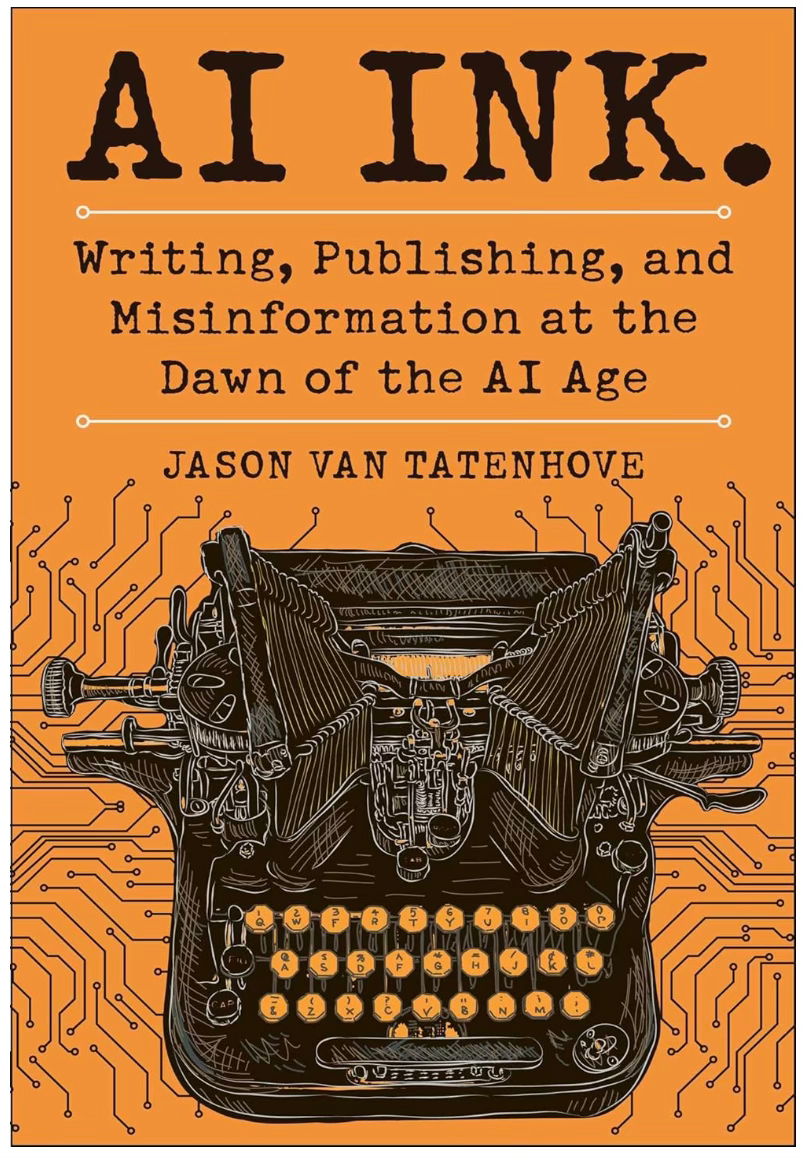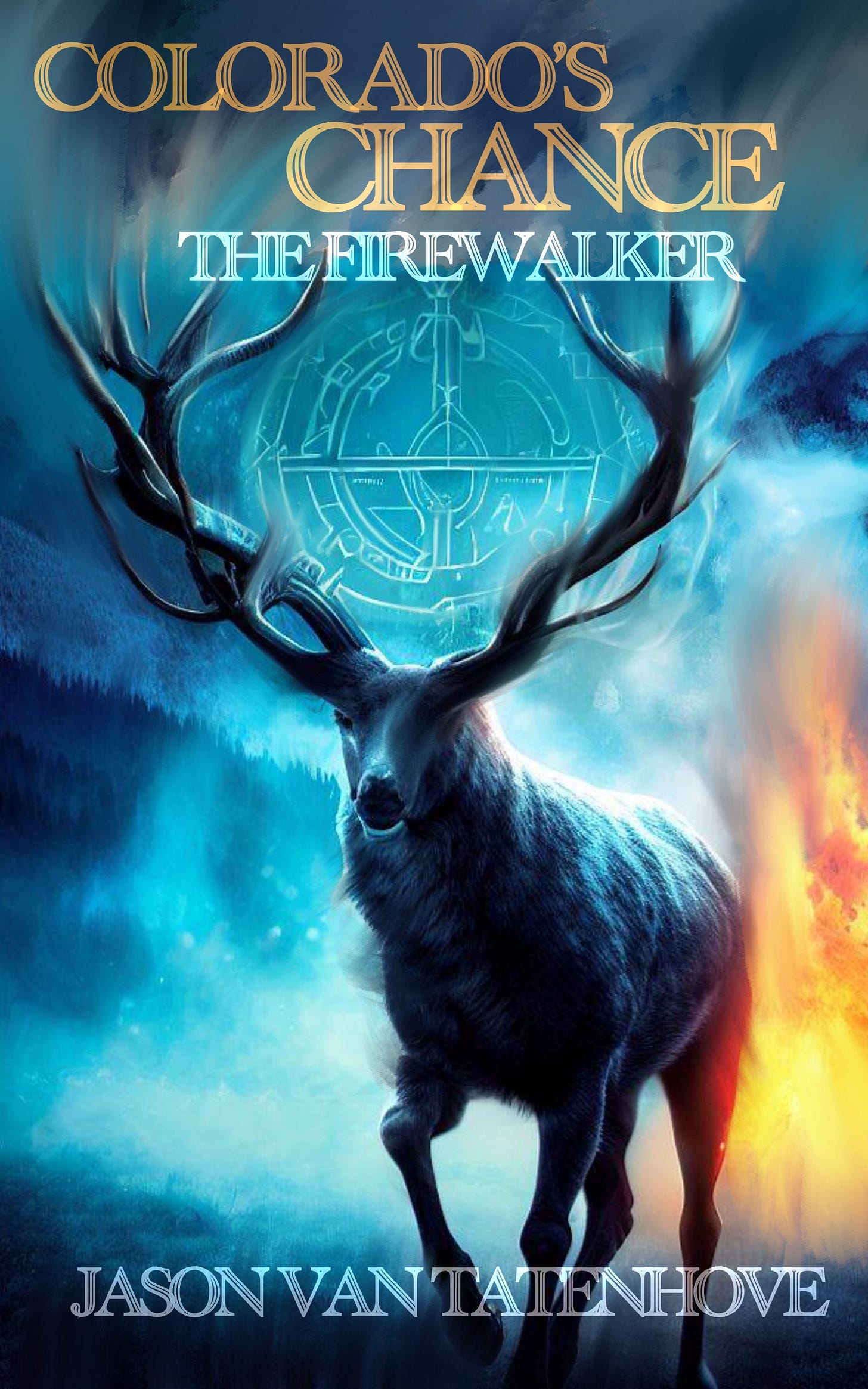The birds had begun their crazed cacophony—the chaos before the morning light—as Raven made her way from the edge of campus up into the residential neighborhood perched above the Hill. Her old neighborhood. The one she grew up in.
Now, it felt haunted.
Ghosts whispered to her from every cracked sidewalk and overgrown lawn. The hill where her father taught her to ride a bike, jogging behind her until she didn’t need him to. The back alley behind their detached garage, where she and her friends hunted imaginary monsters with sticks and colanders for helmets. The broken fence panel she used to crawl through to escape into solitude—the same one she now slipped through to reach the backyard, unseen.
The garden was wild now. Once her mother’s sanctuary, it had become a jungle of dead reeds and knotweed. She crouched near the old French doors, the white paint now blistered and peeling like sunburnt skin. In her memory, it had gleamed.
She dug through the brittle grass with both hands until her fingers struck ceramic. A gnome, its colors long faded, half-buried in earth. Her father had placed it there years ago. She could still hear his voice, light and amused: “If we ever get locked out, check under the gnome.”
She pried it up, dirt breaking away in clumps. Her fingertips found metal. A small key. Cold. Real.
Raven stood, staring at the warped door. The weight of it all hit her—not just the house, but what it represented. This had been their home. Until her father got sick. Until the bank took it. One more family lost in the collapse that followed the tariffs.
She’d heard rumors that the banks still hadn’t managed to sell many of these homes. That was the new America: nothing moved unless you were part of the machine. Unless you wore the right badge, served the right interests.
Now, only the loyal were moving into neighborhoods like this—ICE officers, corpo security contractors, enforcers of the new order. People willing to trade their neighbors for square footage and stainless steel kitchens. People who smiled while democracy burned.
Raven’s breath caught as she heard a door creak open next door. She dropped into a crouch, slid the key into the lock, and pushed the door open just wide enough to slip inside. The hinges groaned. She closed it behind her, leaving it cracked just enough to listen.
Outside, a realtor’s voice carried clearly in the still morning air.
“Yeah, these homes are small. Old single-family units, mostly. But you get two or three next to each other, knock ‘em down, and build something proper. The new world deserves better.”
A man grunted in response. She peeked through the gap. Olive drab body armor. ICE insignia. He had the blank-eyed look of someone who followed orders with ease.
“We’re moving on the Gonzales place next week,” the realtor continued. “That one across the street used to belong to some liberal writer—probably dead now. This whole area’s a goldmine. A head start for your kids. This is the new Hill.”
Raven eased the door shut. Her jaw clenched. They’re selling off the world that raised us. Just like we did to the natives.The thought lodged in her chest like a thorn.
And yet—somehow—the house still smelled the same. The air was stale, but underneath it lingered traces of her mother’s lavender oil, the cedar from her father’s desk, the ghost of dinners eaten late and laughter echoing up stairwells.
Everything was still here.
The furniture. The old photographs her father didn’t take with him. The past, frozen in place like a crime scene.
She waited until the couple and realtor drove off, then climbed the stairs slowly, pausing at the old family portraits as if they might speak to her.
She wanted to cry. She should have. But she had no tears left. Not after losing her professor, her father, her home, her future.
Her old bedroom waited at the top of the stairs. The posters still lined the walls. Her bed still wore the faded comforter with cartoon stars. She lay down fully dressed, jacket and all, and let the weight of it all press her into the mattress.
She didn’t remember falling asleep.
But she woke to a soft chime from the pocket of her hoodie.
Phoebee was calling.
Not now, Phoebee, she thought. Just let me rest a little longer.
# # #
The screen stuttered again. Cain's mage—cloaked in chrome-drenched armor—died for the fourth time in under three minutes. A flaming demon-lord stomped across the screen, mocking him with a looping death animation and “YOU ARE DEAD” stamped in pixelated red.
Cain tossed the controller aside.
“Lag,” he muttered. “Or the skill tree’s bugged. They still haven’t balanced ranged DPS since the last patch.”
No one corrected him.
The suite remained silent, save for the ambient hum of servers and filtered air. Final Boss Online 4.7 flickered briefly on the overhead before vanishing, replaced by his personalized command grid. He insisted on calling the play sessions “mental resets.” No one dared to point out that he was terrible at the game.
A junior analyst broke the silence. “Sir… we’ve got something.”
Cain didn’t look up. Just gave a flick of his fingers, dismissive and impatient.
The analyst hesitated, then pressed the data to screen. A grid of surveillance captures replaced the game interface—heat maps, encrypted node traffic, anomalous dark market movement. And over it all, a satellite feed zeroed in on the outskirts of Boulder.
“Something’s happening out there,” the analyst said. “Low-volume data pulses. Isolated but patterned. Someone’s deploying adaptive systems. Ghost protocols.”
Cain narrowed his eyes.
“Is it her?”
Another analyst stepped forward, pulling up a set of heat signatures—barely discernible figures moving through a defunct university substation. “No definitive visual ID, but we’ve got a match on gait variance—eighty-three percent match with Raven Marlowe.”
Cain stared at the screen without blinking.
“She has it.”
“Phoebee?” the analyst asked.
Cain ignored him. His mind was already elsewhere—tracking the ripple effect in the markets, the data flows.
“Sir,” the second analyst said again, cautious now, “there’s another anomaly. Financial. We’re seeing autonomous trades run through legacy university trust accounts. Clean movement—low-yield but sustained. It’s AI-structured, and it’s invisible to standard compliance sweeps. We only caught it by accident.”
Cain’s gaze sharpened. “Autonomous?”
The analyst nodded. “Someone’s gaming the markets just below audit thresholds. Building liquid resources, we think. Possibly blacklisting flags in exchange networks are being bypassed.”
“That’s not Raven,” Cain said coldly. “She wouldn’t know how.”
He tapped the air and expanded a cluster of code movement logs. Adaptive fingerprinting. Distributed logic branching. The scent of something alive.
“That’s her. That’s Phoebee. And she’s already building the war chest.”
Cain stood, the hem of his jacket falling like a blade.
“Spin it,” he ordered. “Eco-terrorist. Radicalized AI sympathizer. Connect her to the SEEL fire. I want three major outlets and at least five of the fringe screamers running it before noon.”
The analysts nodded, already working.
“And while you’re at it,” he added, “put her on the bounty board. Tier-one clearance. Silent channels only.”
“Lethal or retrieval?” someone asked quietly.
Cain smiled, thin and cruel. “Let them decide.”
He turned to the window, arms folded behind his back.
“She thinks she’s off the radar. But she doesn’t understand the game.”
Behind him, the screens continued to flicker—slow pulses of power from Boulder. Just enough to keep Phoebee alive. Just enough to make Cain nervous.
They didn’t know where in Boulder yet. But soon, they would.
# # #
The air in downtown Denver still carried the faint sting of old tear gas. Not enough to make your eyes water, but enough to remind you that people had screamed here. That something had burned and blood had dripped onto cold concrete.
Caleb walked slowly beneath the half-lit billboards flickering their corporate patriotism into the dusk. STABILITY BEGINS WITH YOU. REPORT SUSPICIOUS BEHAVIOR. The messages changed every few seconds, but the chill in the air stayed the same—damp, metallic, close.
He hadn’t meant to come here. He didn’t know where else to go.
He’d spent the day drifting, hoodie pulled up, head low, earbuds dead. Ever since Raven vanished—since everything fell apart at the university—he hadn’t had a thought that wasn’t tangled in grief, guilt, or static.
Then he heard shouting.
At first, it didn’t register—just background city noise. But then came another shout. Clearer. Closer.
“No! No, she has a baby—leave her alone!”
Caleb’s head snapped toward the sound. He crossed the street, weaving through stalled vehicles and pedestrians already slowing to gawk or film.
A small crowd had gathered at the mouth of the block. Phones out. Some yelling. Some silent.
On the far sidewalk, pressed up against the glass of a shuttered convenience store, a woman clutched a baby tight to her chest. Her hands trembled. Her face was pinched with fear, with fury.
Four ICE agents in tactical armor and one Jefferson County sheriff’s deputy had her surrounded.
One man—early twenties, probably a student—was already face-down on the concrete, knees in his back, wrists zip-tied and bleeding. He kept shouting: “She didn’t do anything!”
An ICE officer barked at the growing crowd. “Back up! This is a federal detainment!”
Someone yelled back: “She’s holding a baby, you bastard!”
Caleb froze on the edge of the crowd, heart pounding. He didn’t move. Just watched.
Then it happened.
They came out of nowhere.
Three figures—masked, black-clad, coordinated—stepped into the chaos like ghosts walking through fire.
The first appeared from an alley, moved through the crowd, and with a hiss of aerosol, sprayed a tight spiral of red paint across the chest cam of the sheriff’s vest.
The second came from the far side of the street—fast, brutal. Spun an ICE agent around and tagged his body cam in one smooth motion.
The third walked with a quiet, deadly calm, a suppressed pistol low at their side—never raised, but clearly visible.
The officers froze. The crowd went still.
“That’s enough,” said one of the masked figures, their voice modulated and low. “Step away from the woman. Let her walk.”
The ICE agents looked to each other, calculating. Outnumbered. On camera. One of them reached for his weapon—until a soft red dot appeared on his chest, tracing slowly up toward his neck.
A fourth operative stood on the rooftop above, a scoped drone rifle steady in their arms.
“Don’t,” the modulated voice said, cool as ice.
The ICE agents hesitated. Then, slowly, backed off.
The woman and her baby were pulled gently into the group’s formation. They moved fast, disappearing into a side street, the masked resistance melting with them like smoke.
All that remained was the stunned crowd and the flickering neon of the overhead billboards.
And Caleb.
One of the masked figures passed close to him as they moved to disappear. A woman, maybe. Hard to tell. A tattoo peeked out from under the cuff of her glove—a cracked flag with vines and circuitry in the shape of an upraised fist growing from the seams.
She looked at him.
“You coming?” she asked.
Caleb hesitated.
Then he stepped off the sidewalk and followed her into the dark.




